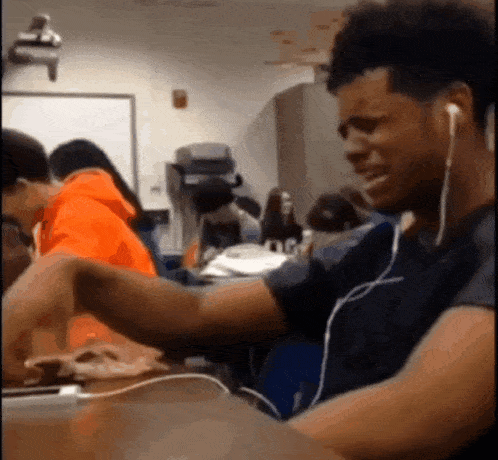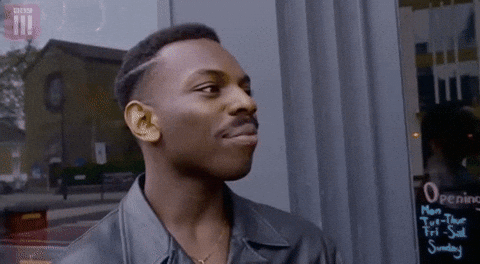The 2020 U.S. Census has the daunting task of counting a population of around 330 million people in over 140 million housing units. The job is going to be a whole lot harder in Texas, a state that has been difficult to count in the past. Texas legislators failed to pass measures that would allot funding for the U.S. Census, so in order to make sure everyone gets counted, some communities are turning to students for help.
It has been predicted that 600,000 Hispanic and black Texans might go uncounted in the 2020 census, and it's not just because of funding. Many residents were displaced by Hurricane Harvey, making it harder for them to be tracked down. Additionally, the U.S. Census Bureau has asked a majority of people to take the census online, however many lower income areas lack the reliable internet access to make it possible.
Some people just don't know why the census is important. The census determines how many seats each state gets in the House of Representatives and the amount of federal funds communities receive. According to the Center for Public Policy Priorities, just a 1% undercount could result in Texas losing $300 million in federal funding each year.
RELATED: The US white majority will soon disappear forever
The biggest issue, however, might just be the controversial citizenship question. While it won't be on the 2020 census, many immigrant and non-English speaking households could feel nervous about taking the census regardless. Historically, this demographic has been the hardest to count in Texas.
Children can help break down a lot of these barriers, which is why many communities in Texas are reaching out to schools and students. "Our job is to educate and teach our students first. We can't be the ones leading this and going knocking on doors," Hafedh Azaiez, the superintendent of Donna Independent School District in Hidalgo County, Texas, told the Texas Tribune. "But these schools are still trusted by parents, and we just need to figure out how to best leverage that." Students can help put parents at ease about taking the census, as well as explain to them why it's important.
According to the Tribune, advocacy organization La Unión del Pueblo Entero will teach students alternative ways to fill out the census (e.g. via mail or phone), and Mi Familia Vota taught Hispanic students about the census at summer conferences in Houston and Dallas.
RELATED: Half a million American minors are now living in Mexico instead of the US
"When parents come and sign their children in and out, we're able to speak with them about their participation," Teresa Flores, Executive Director of the Hidalgo County Head Start Program, told the Tribune. "Children could be the best people to continue those conversations all night long once they get home, and ease those concerns on a long-term basis."
















 A young teen cries while listening to music via
A young teen cries while listening to music via 
 A young couple waits in line at a coffee shopCanva
A young couple waits in line at a coffee shopCanva Gif of Eddie Murphy telling you to think
Gif of Eddie Murphy telling you to think


 Volunteers who drive homeless people to shelters talk with a person from Ukraine in Berlin on Jan. 7, 2026.
Volunteers who drive homeless people to shelters talk with a person from Ukraine in Berlin on Jan. 7, 2026.
 Tasks that stretch your brain just beyond its comfort zone, such as knitting and crocheting, can improve cognitive abilities over your lifespan – and doing them in a group setting brings an additional bonus for overall health.
Tasks that stretch your brain just beyond its comfort zone, such as knitting and crocheting, can improve cognitive abilities over your lifespan – and doing them in a group setting brings an additional bonus for overall health. Overdoing any task, whether it be weight training or sitting at the computer for too long, can overtax the muscles as well as the brain.
Overdoing any task, whether it be weight training or sitting at the computer for too long, can overtax the muscles as well as the brain.
 Leonard Cohen performs in Australia in 2009.Stefan Karpiniec/
Leonard Cohen performs in Australia in 2009.Stefan Karpiniec/  Enjoying a sunset.Photo credit
Enjoying a sunset.Photo credit